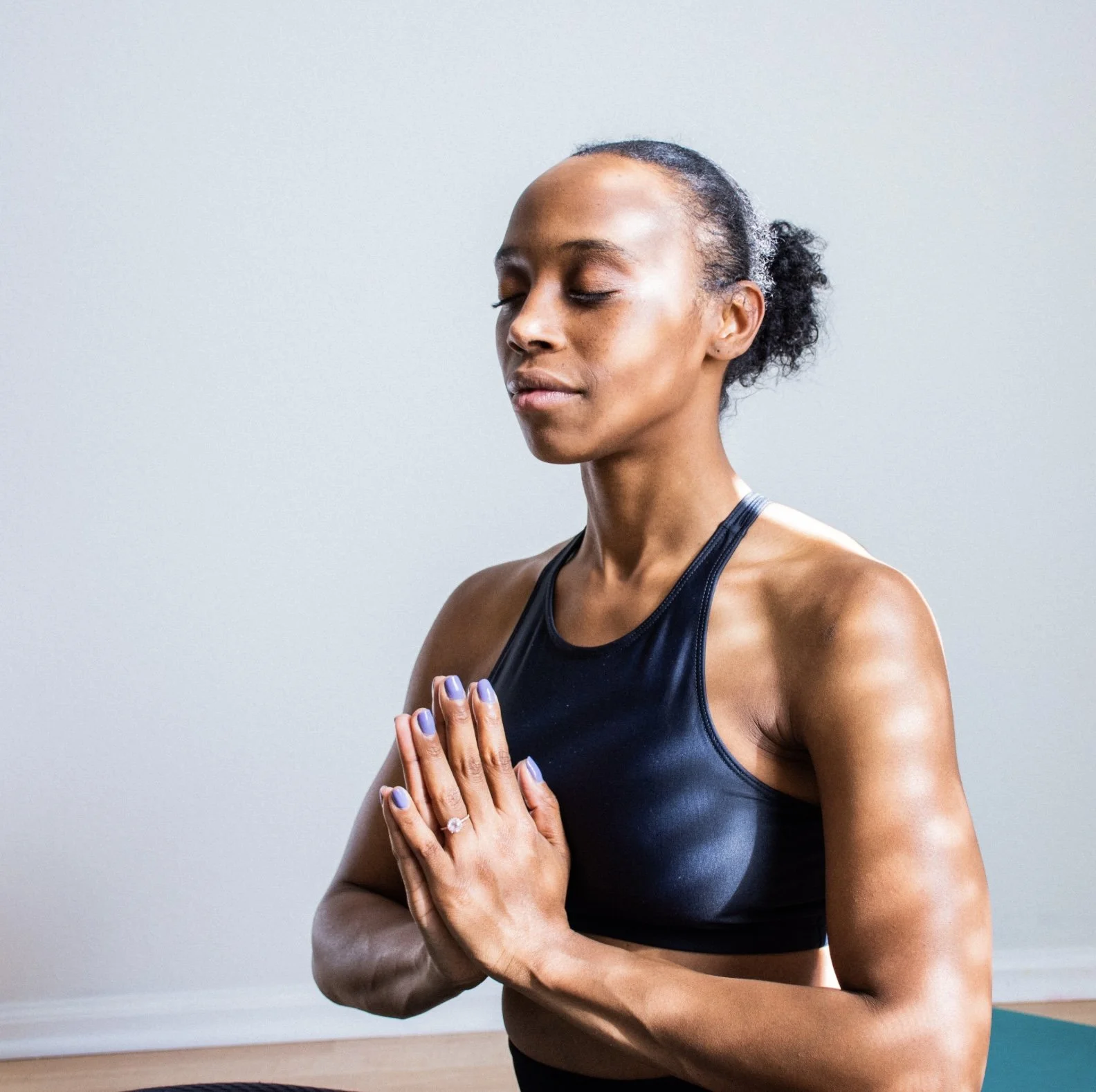Self-care encompasses a wide range of practices and activities aimed at maintaining and improving one's physical, mental, emotional, and spiritual well-being. While the specific areas of self-care may vary depending on individual preferences and needs, here are some common categories:
Physical Self-Care:
Exercise and physical activity
Balanced diet and proper nutrition
Adequate sleep and rest
Regular medical check-ups
Personal hygiene and grooming
Relaxation techniques (e.g., deep breathing, progressive muscle relaxation)
Emotional Self-Care:
Practicing mindfulness and meditation
Journaling or expressing feelings through creative outlets
Seeking therapy or counseling when needed
Engaging in activities that bring joy and happiness
Setting healthy boundaries in relationships
Allowing oneself to feel and process emotions without judgment
Mental Self-Care:
Reading and engaging in intellectual pursuits
Engaging in stimulating conversations
Learning new skills or hobbies
Managing stress through time management and organization
Taking breaks and giving yourself mental downtime
Challenging negative thought patterns and self-talk
Social Self-Care:
Maintaining meaningful relationships
Connecting with friends and loved ones
Participating in social activities and gatherings
Joining clubs or groups aligned with your interests
Seeking support when facing challenges
Spiritual Self-Care:
Engaging in religious or spiritual practices
Practicing gratitude and mindfulness
Connecting with nature or spending time in solitude
Exploring your sense of purpose and values
Reflecting on personal growth and self-awareness
Professional Self-Care:
Setting work boundaries and prioritizing work-life balance
Seeking opportunities for career development and growth
Taking breaks during work hours
Asking for help or delegation when necessary
Reflecting on your career goals and satisfaction
Environmental Self-Care:
Creating a comfortable and organized living space
Spending time in nature or green environments
Reducing clutter and simplifying surroundings
Being mindful of your ecological footprint
Surrounding yourself with positive and supportive people
Financial Self-Care:
Creating and maintaining a budget
Saving and planning for the future
Avoiding unnecessary financial stressors
Seeking financial education and advice
Being mindful of your spending habits
Remember that self-care is not a one-size-fits-all approach. It's important to identify the areas that resonate with you and prioritize practices that contribute to your overall well-being. Regularly assessing your needs and adjusting your self-care routine accordingly can lead to better physical, mental, and emotional health.
Call or text 988 for the Suicide Prevention Hotline for Immediate Help.
Dr. Dan Davidson DC and Diane Gammon LPC-MHSP, CMHIMP, ASDCS, NCC, M.S.
Diane is a Licensed Professional Counselor - Mental Health Service Provider, National Board Certified Clinical Mental Health Counselor, Certified Integrated Medicine Nutritional Mental Health Professional and Autism Spectrum Disorder Clinical Specialist
Call, Text (615-556-8406) or Email Diane Gammon to schedule an In-Person or Telehealth Secure (HIPPA Compliant) Video Counseling Session or to ask a question.
Email: Diane@LivingWithHopeCounseling.com
Diane serves all of Tennessee and has an office in Murfreesboro.
Dr. Dan Davidson is a Chiropractor at The Back Resort in Salem Virginia.
Disclaimer: The content in this blog is for informational purposes only to share various health topics to encourage and inspire healthy living. It is not intended to be a substitute for professional medical advice, diagnosis or treatment. Always seek the advice of a physician or other qualified healthcare provider before undertaking a new health care regimen and never disregard professional medical advice or delay in seeking it because of something you have read on this website/ blog.
Follow Living With Hope Counseling, Self Care Smart and Autism Applause on Facebook, Instagram and Tic Toc for further inspiration!
CLICK HERE For Living With Hope Counseling Facebook Page AND "LIKE" IT!
YOUR LIFE MATTERS!












